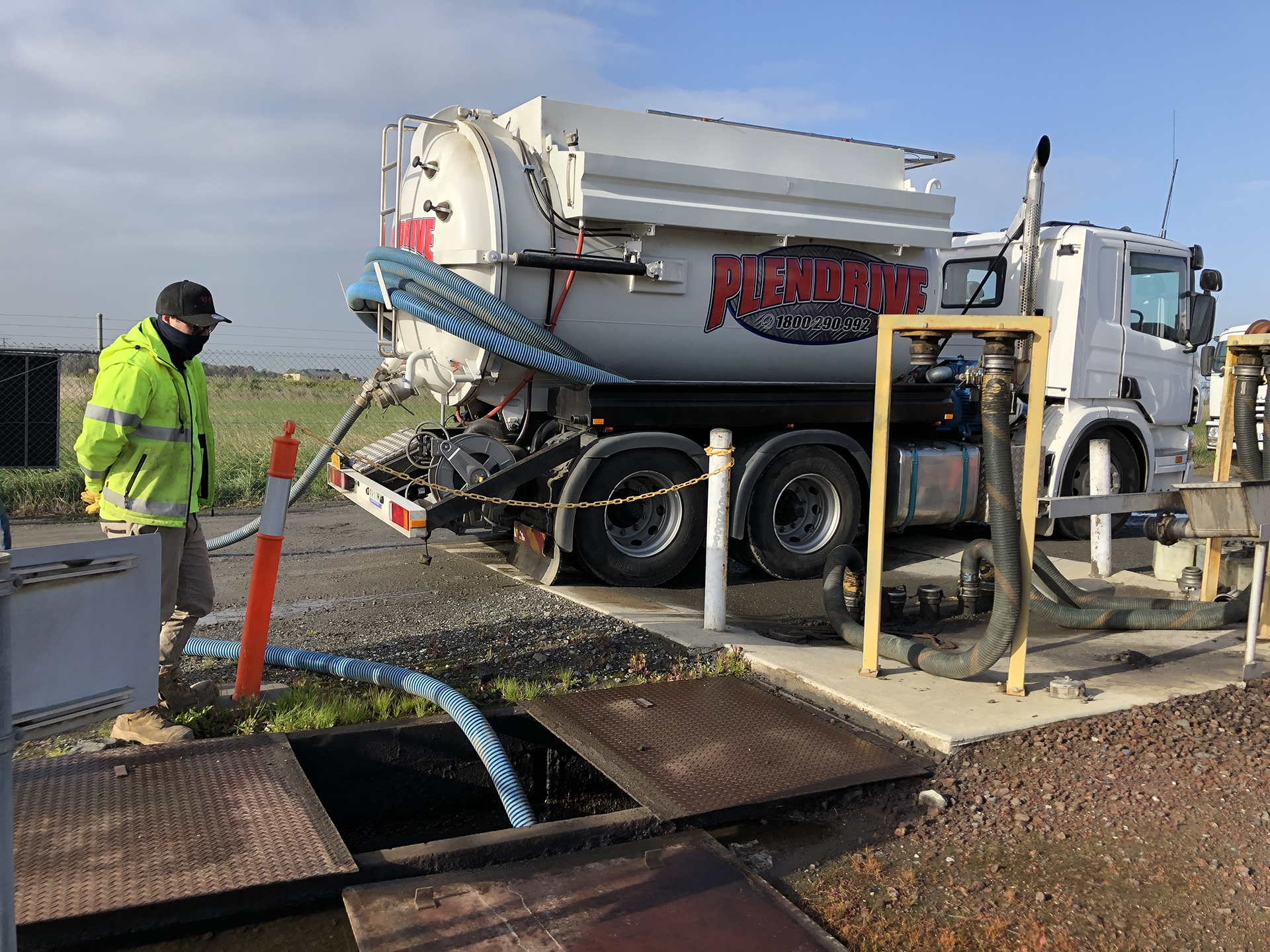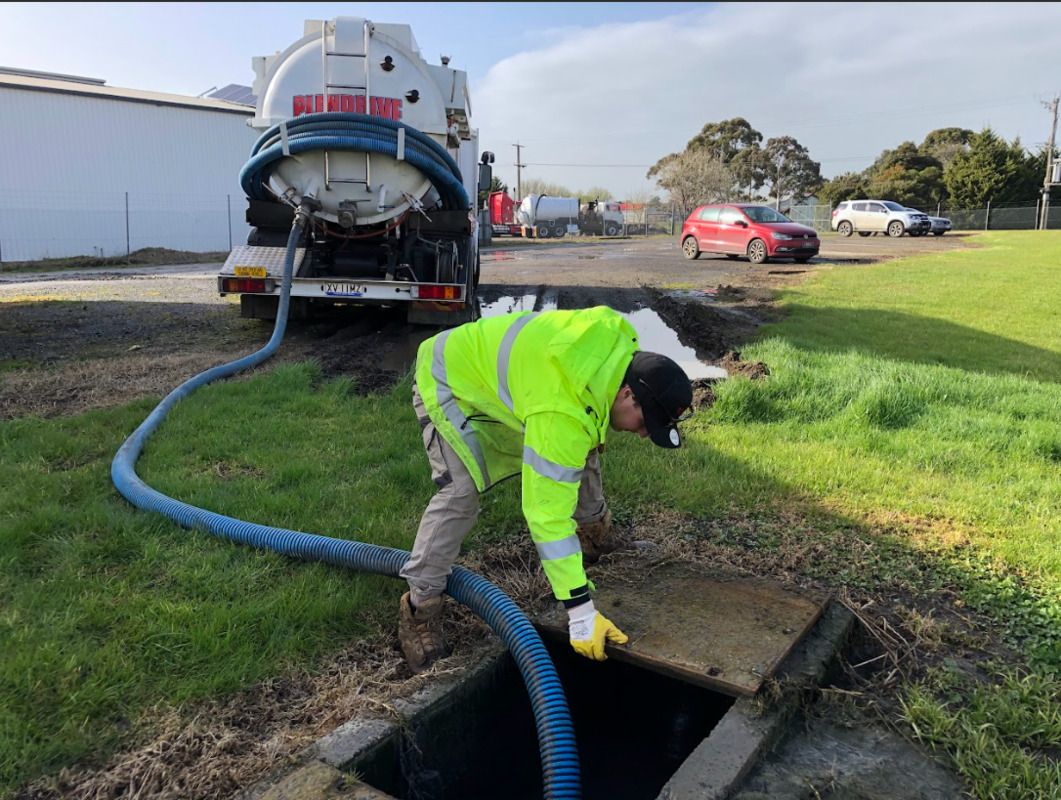- About
- Liquid Waste
-
-
-
-
Other Liquid Waste Services
-
-
- Industrial Cleaning Services
- Industrial Cleaning Services
- Blog
- Contact

For businesses that deal with commercial liquid waste, understanding and maintaining triple interceptors is not just about operational efficiency—it’s about compliance. Triple interceptors are crucial for separating oils, grease, and solids from wastewater before it enters the sewage system. Proper maintenance of these systems is not only a regulatory requirement but also a critical responsibility to prevent environmental pollution.
Regulatory Compliance: Regular maintenance of triple interceptors is mandated by most local water authorities to ensure that harmful substances do not enter the sewer lines. Failing to meet these standards can lead to severe penalties, including fines and operational shutdowns.
Avoiding Penalties: Neglecting triple interceptor maintenance can result in non-compliance, leading to heavy fines and potential legal action. Regular cleaning and inspection are essential to avoid these unnecessary blockages and ensure continuous compliance with environmental regulations.
Functionality of Triple Interceptors: A triple interceptor consists of three chambers designed to trap solid waste, oils, and grease. As wastewater flows through these chambers, the velocity decreases, allowing heavier solids to settle at the bottom, while lighter oils rise to the top, leaving the middle layer of water relatively free of contaminants.
Components: The typical components of a triple interceptor include the grease trap, solid waste trap, and oil separator. Each plays a pivotal role in filtering out its respective type of waste, ensuring that only cleaner water proceeds to the public sewer.
Cleaning Process: Triple interceptor cleaning involves pumping out all contents from each chamber. This process is usually performed with specialised vacuum trucks that efficiently remove both the waste pipes’ accumulated sludge and floating scum layers.
Inspection and Reporting: Beyond cleaning, inspections are crucial for spotting potential issues like cracks or leaks within the system. Maintenance reports provide documentation of compliance with local regulations, helping businesses avoid penalties for non-compliance.

Efficiency and Reliability: Professional triple interceptor maintenance ensures that your system operates at optimal performance. Regular, expert cleaning prevents the build-up of toxic substances and organic waste, which can lead to blockages and expensive repairs.
Environmental Protection: Properly maintained triple interceptors play a significant role in protecting local waterways from pollution. By preventing harmful chemicals and solid waste from entering sewerage systems, businesses contribute positively to environmental conservation.
At Plendrive, we leverage triple interceptors to enhance our liquid waste management services, not only to comply with stringent environmental standards but also to offer our clients the most efficient and responsible waste management solutions available.
Embrace a partnership that values efficiency and environmental stewardship. Contact us today to learn how our advanced waste management services can benefit your operations and help you meet both regulatory demands and sustainability goals.